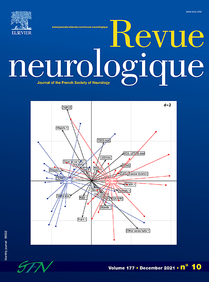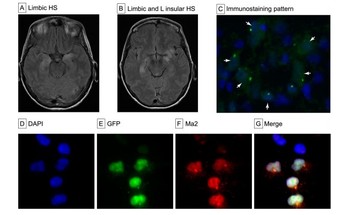Immunomodulation in the acute phase of autoimmune encephalitis
Autoimmune encephalitides constitute an emerging group of diseases for which the diagnosis and management may be challenging, and are usually associated with antibodies against neuroglial antigens used as biomarkers. In this review, we aimed to clarify the diagnostic approach to patients with encephalitis of suspected autoimmune origin in order to initiate early immunotherapy, and to summarize the evidence of current immunotherapies and alternative options assessed for refractory cases. Currently, the general therapeutic approach consists of steroids, IVIG, and/or plasma exchange as first-line medications, which should be prescribed once a diagnosis of possible autoimmune encephalitis is established. For patients not responding to these treatments, rituximab and cyclophosphamide are used as second-line immunotherapy. Additionally, alternative therapies, chiefly tocilizumab and bortezomib, have been reported to be useful in particularly refractory cases. Although the aforementioned approach with first and second-line immunotherapy is widely accepted, the best therapeutic strategy is still unclear since most available evidence is gathered from retrospective non-controlled studies...




